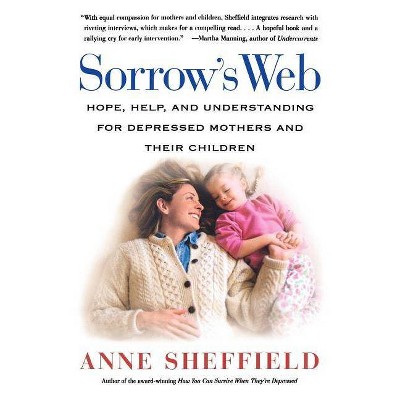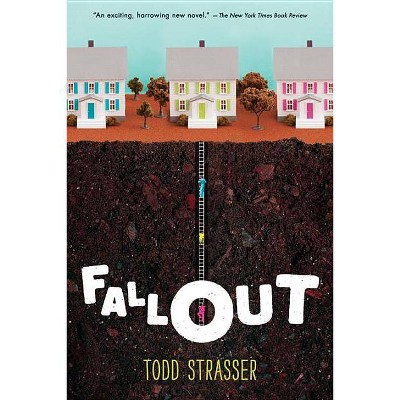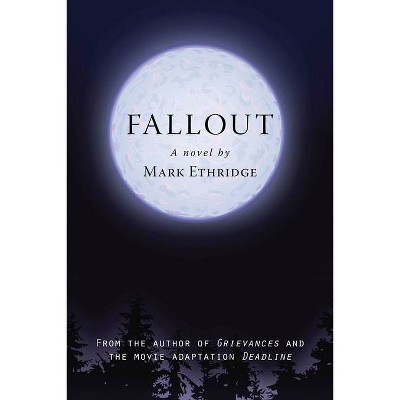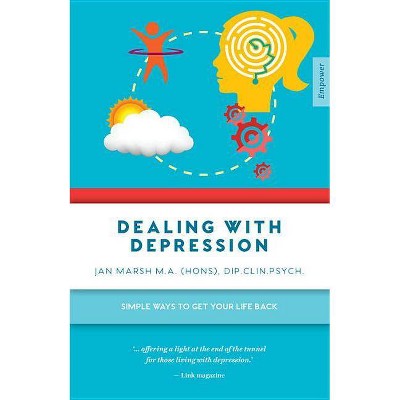Depression Fallout - by Anne Sheffield (Paperback)

Similar Products
Products of same category from the store
AllProduct info
<p/><br></br><p><b> About the Book </b></p></br></br>In her award-winning book, "How You Can Survive When They're Depressed, " Sheffield coined the phrase depression fallout to describe the emotional toll on the depressive's family and close friends. In this new book, Sheffield speaks specifically to people in love relationships with someone who is depressed to offer coping strategies.<p/><br></br><p><b> Book Synopsis </b></p></br></br><p><strong>Using the vivid, poignant and personal stories of the members of a website support group she founded (www.depressionfallout.com), Anne Sheffield, the author of two highly acclaimed books on depression, provides an honest record of what happens to a love relationship once depression enters the picture, and offers solid advice on what the non-depressed partner can do to improve his or her own life and the relationship.</strong></p><p> Of the millions of people who suffer from a depressive illness, few suffer in solitude. They draw the people they love - spouses, parents, children, lovers, friends - into their illness. In her first book, H<em>ow You Can Survive When They're Depressed</em>, Anne Sheffield coined the phrase 'depression fallout' to describe the emotional toll on the depressive's family and close friends who are unaware of their own stressful reactions and needs. She outlined the five stages of depression fallout (confusion, self-doubt, demoralisation, anger, and the need to escape) and explained that these reactions are a natural result of living with a depressed person. </p><p> </strong></strong></p><p/><br></br><p><b> Review Quotes </b></p></br></br><br>"I admire and recommend this inspired guide to the hell imposed by a partner's depression and the coping strategies offered."--Donald F. Klein, Professor of Psychiatry, Columbia University<br>
Price History
Price Archive shows prices from various stores, lets you see history and find the cheapest. There is no actual sale on the website. For all support, inquiry and suggestion messagescommunication@pricearchive.us




















